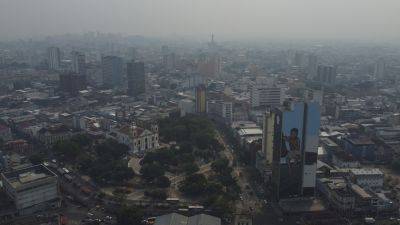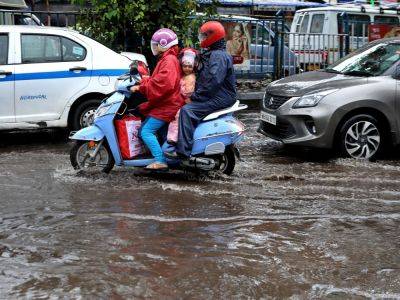Climate apartheid and Bangladesh
October 25, 2024
DHAKA – The incessant rain, flash floods, distraught environmental migrants, and land erosion that we have witnessed in Bangladesh in recent years is not unforeseen, but exactly what scientists predicted decades ago. It is not based on a ‘hunch’ and it is definitely not fear-mongering as many climate crisis deniers claim. It is equivalent to one’s house being on fire while they carry on with their tasks with a blindfold on.
The World Risk Index 2023 has ranked Bangladesh ninth worldwide for climate disaster risk, stating it is set to lose 30 percent of its arable land by 2050 owing to rising sea levels. Rice, a staple in the Bangladeshi diet, will see a steep decrease in its production as well. On top of that, the country is predicted see a loss of 17 percent of its overall territory. As Bangladesh is highly reliant on agriculture and dangerously overpopulated, that will prove to be disastrous on several fronts with food insecurity as well as possibilities of famine close at hand. Unemployment, housing crisis, and poverty would also be widespread.
It is rueful to witness the disastrous effects of rising sea levels in Bangladesh although the country has contributed to less than 0.1 percent of the greenhouse gas emissions since its genesis in 1971. Known as the land of rivers, the melting of the Himalayan Glaciers is a looming threat to its river system overflowing and causing excessive flooding. The unpredictable nature of climate change necessitates a sturdy approach to its consequences, but the Bangladeshi government fails to construct any operational policies to tackle the climate crisis effectively.
While Bangladesh’s own unstable political mood contributes to minimal attention paid to its policies







